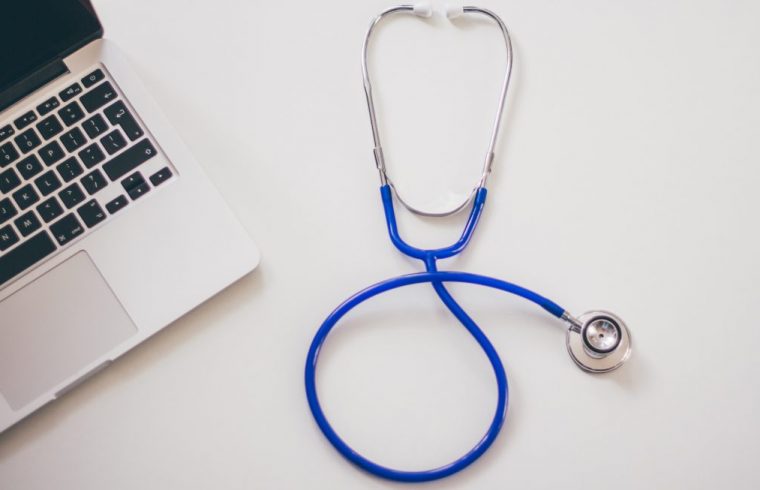The World Health Organization is focusing on health inequalities after a year of living in a pandemic across the globe. To actively work to end inequalities in care, the inequalities have to be named. Medical fatphobia is harming fat people and decreasing their quality of care.
Medical Fatphobia During The Pandemic

“Health inequities are not only unjust and unfair, but they also threaten the advances made to date, and have the potential to widen rather than narrow equity gaps.” – World Health Organization
Surgeries and procedures were put on hold not because of patients’ size but because of a medical system that was not equipped for a pandemic. The pandemic also revealed that it was not prepared to accommodate the most marginalized people; the fat, the poor, Black, Disabled, Trans, POC.
The message has to be more specific.
Weight discrimination is so violent and has deterred fat people from care for so long. Will there be an effort to make medical care safer and more accessible for fat people?
Which is a huge problem because fat people are diverse and come from different backgrounds.
French chief epidemiologist Jean-François Delfraissy claims they were concerned about the United States “where they will probably have the most problems because of obesity.”
Instead of providing resources and care for fat people, the response was, as it always is, to use this time to diet and avoid weight gain.
This is a great example of medical fatphobia and concern trolling.
Suggesting that people do not get fatter during the pandemic was not to save their lives. If that were so, there would have been more efforts to bring food to our communities.
A year since Covid was declared a national pandemic and fat people’s quality of care is not considered. In fact, the medical community is standing on research that feeds into weight stigma. Centra State even went as far as to suggest that fat people focus on switching from “an animal-based diet to a plant-based diet.”
This declaration that Covid 19 is more harmful to fat people because “the immune systems in people with obesity are not as strong”.
Diets will not help fat people recover from the pandemic but innovation, acknowledgment of systematic fatphobia, and commitment to humanizing fat people will.
Medical fatphobia is also a global pandemic that is harming fat people. Many fat people have expressed their reluctance to visit the physician’s office because of fatphobia. Research suggests that fat people are more likely to die or be hospitalized during Covid.
The studies do not show racial and socioeconomic differences. Weight discrimination is harming fat people.
At the root of obesity research is the omission of racism and anti-Blackness.
World Health Day should have included fatphobia and specified racism. Avoiding explicitly saying “racism” and calling it social issues is the real problem. It never addresses that access to food was denied to Black and Brown people long before the pandemic. There was limited access to medical care, long before covid.

In her article titled “Covid-19 Does Not Discriminate by Body Weight,” Christy Harrison says, “Structural racism and other forms of inequality in our society have long been linked to worse health outcomes, including higher rates of diabetes and hypertension (two likely Covid-19 risk factors) among people in oppressed groups.”
The neglect that marginalized people experienced before Covid was exacerbated.
There has never been a more perfect time to prioritize fat people’s health. Health equity does not exist without safer care for fat people. It does not exist without addressing the weight stigma that is attached to research and care.












